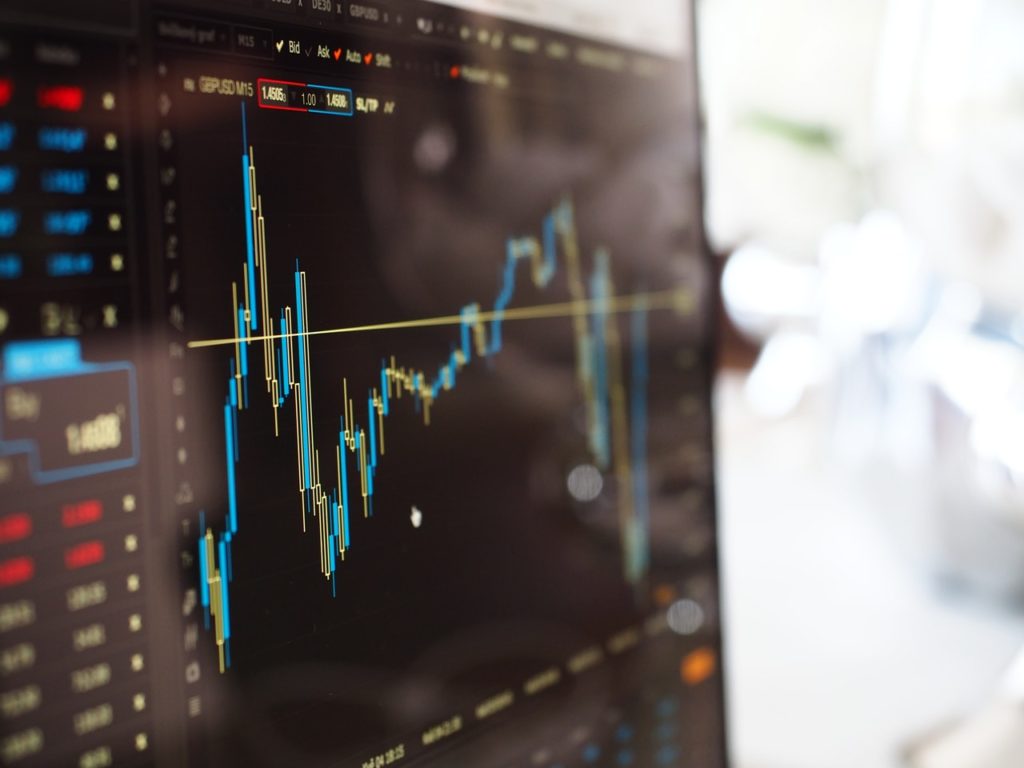How often do you hear that artificial intelligence is our future? This is not true. It’s already here, penetrating almost any segment of our lives. Look at the simplest examples of its implementation so far.
For instance, search engines use AI to predict our search intent and provide highly personalized and relevant results. Businesses use machine learning and AI to automate many tasks, from data analytics, marketing, and logistics to customer relationship management and employee reporting. Voice-powered searches and personal assistants simplify our daily responsibilities on so many levels.
Another field that may immensely benefit from AI adoption is financial markets. Due to their high complexity and volatility, trading markets are still extremely difficult to predict. And, with the help of AI technologies, new approaches can be taken, making trading safe and far more transparent.
Here is how exactly AI impacts the evolution of trading software.
Identifying Key Data Patterns
Stock markets, cryptocurrency markets, and forex markets are extremely complex. There is simply a massive amount of data humans are not capable of processing and organizing.
This is where artificial intelligence steps in. Stats say that AI an analyze and assess thousands of stocks fast. CNN claims that, when it comes to high-frequency trading, some hedge funds use AI to decipher up to 300 million data pieces in the opening hour of the New York Stock Exchange.
However, the use of AI goes far beyond finding and processing massive trading information pieces. It also serves as an immensely important tool when it comes to identifying some key historical patterns and replicating trends
By implementing machine learning and predictive analytics, traders can make wiser, data-backed decisions. Namely, predictive analytics observe the past trading data to predict some future trading outcomes and identify potential problems in your strategy.
Personalised Trading Experiences on All Devices
Today’s traders are tech-savvy. They use multiple devices to do trade the world’s markets. Most importantly, they expect the transition from one device to another to be smooth and frictionless.
Some recent statistics show that 35% of mobile traders are using their smartphones to find the right broker. Moreover, the use of mobile trading apps is also expected to grow in the following years.
That is why may forex brokers are investing in multi-channel and user-centric trading platforms. This can be best seen in the example of Ever Forex that created their own trading platform, MetaTrader 5, which provides seamless trading experiences, irrespective of the type of a trader’s device.
Given that the number of apps used for mobile trading is growing, it is now difficult for inexperienced users to distinguish between them and their features. This is where AI can help, providing a more personalized approach to mobile trading through custom trade analytics or real-time, AI-powered user support.
Fundamental Analysis Merges Qualitative and Quantitative Data
Fundamental analytics is immensely important in the world of trading. As such, it is used by both cryptocurrency and stock investors.
In this case, a trader observes the relationship between coins/stocks and numerous quantitative and qualitative data. They analyze the business at its most fundamental level in order to learn more about the health of the industry and the performance of companies in it.

Wiser Trading based on Sentiment Analysis
Trading is now always about statistics and figures. Users’ opinions, feelings, and problems regarding a certain type of trading. This is where sentiment analysis steps in. The purpose of AI is, in this case, obvious – it analyzes massive volumes of data from various online resources, such as blog content, Q&A sites, or social media posts. By using sentiment analytics, traders can understand whether their market sentiment is positive, negative, or neutral and use this data to tailor their trading options to users’ needs.
Over to You
Machine learning, predictive analysis, and big data are still in their infancy, but they’re constantly getting better. And, financial institutions are one of their earliest and major adopters. From the previous examples, we can conclude that trading software and AI are a match made in heaven. Machine learning is making trading easier, faster, more transparent and, highly diversified. Most importantly, AI will provide traders a greater degree of certainty, ensuring that trading markets are becoming safer and more predictable. Precisely because of that, many large companies are already investing in their in-house AI tools that will automate the repetitive tasks, provide better and faster data analytics and, above all, eases the burden of financial advisors’ jobs.
What are your thoughts on AI and trading? We’d like to hear from you!
